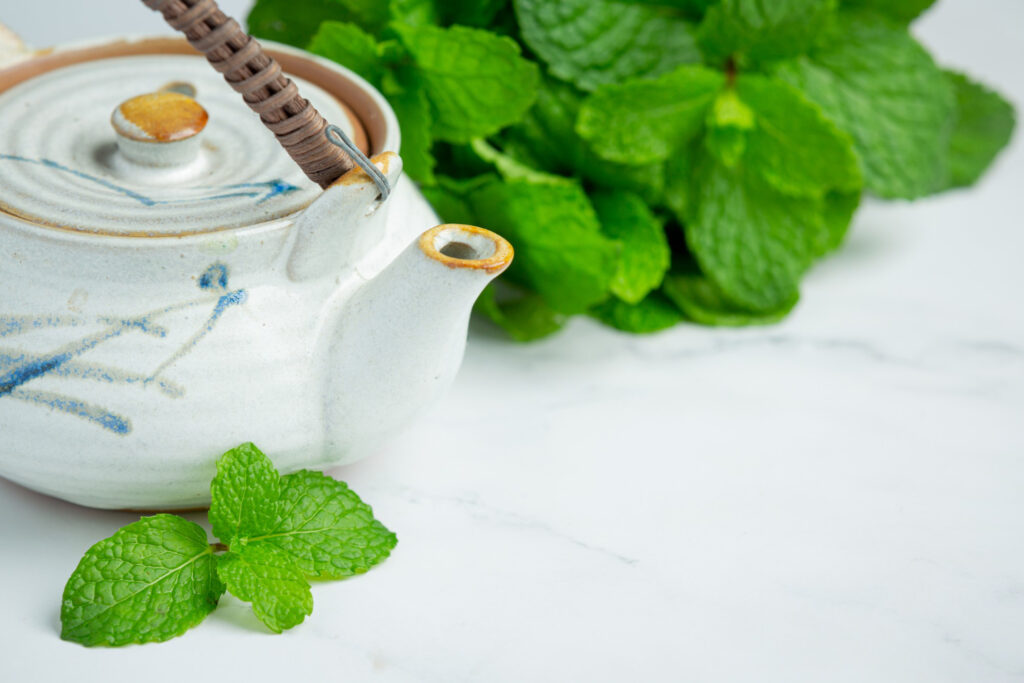
In this article
Stevia, derived from the Stevia rebaudiana plant, is a natural, calorie-free sugar alternative. It is neither an artificial sweetener nor a sugar, making it an appealing option for reducing sugar intake. Here, we delve into the health benefits, nutritional profile, and potential risks associated with stevia.
Benefits of Stevia
Managing Diabetes
Stevia is beneficial for people with diabetes or prediabetes because it doesn’t raise blood sugar levels. This makes it a good substitute for table sugar, which can spike glucose levels. Research indicates that stevia may also have anti-diabetic properties, potentially lowering blood sugar and improving insulin levels. A review found that doses of 200–400 milligrams (mg) of stevia leaves per kilogram (kg) of body weight significantly reduced blood sugar levels compared to control groups. Traditional medicine in Brazil and Paraguay has used stevia to treat diabetes and high blood sugar for many years, but more human-based research is needed to confirm these effects.
Reducing Added Sugar Intake
The average American consumes more added sugar than recommended. Opting for stevia instead of sugar can help reduce added sugar intake without sacrificing sweetness. This is crucial because excessive sugar consumption is linked to various health issues, including obesity and heart disease. Using stevia can be a practical step toward a healthier diet.
Lowering Blood Pressure
Some studies suggest that stevia can reduce both diastolic and systolic blood pressure. For instance, a study found that taking 750–1500 mg of stevioside (a compound in stevia) daily modestly reduced blood pressure in people with mild to moderate hypertension. Researchers believe that stevia promotes vasodilation, the expansion of blood vessels. However, not all studies agree, indicating the need for further research to confirm these findings.
Preventing Cavities
Sugar is a primary cause of dental cavities. Bacteria in the mouth metabolize sugar, producing acid that wears down tooth enamel. Consuming less sugar can help prevent cavities, and substituting sugar with stevia may offer additional benefits. Studies have found that the pH of dental plaque was less acidic after rinsing with a stevia solution compared to a sucrose solution. This suggests that stevia doesn’t create the acidic conditions that lead to enamel breakdown and may even inhibit the growth of cavity-causing bacteria.
Nutritional
Stevia is a non-nutritive sweetener, meaning it doesn’t provide calories, fat, sodium, fiber, added sugars, or protein. One packet (1 gram) of stevia contains minimal carbohydrates, making it an excellent option for those monitoring their carb intake.
Risks of Stevia
Steviol glycosides, the extracts from the stevia plant, are generally recognized as safe (GRAS) by the U.S. Food and Drug Administration (FDA). However, whole stevia leaves or crude extracts are not GRAS. The World Health Organization (WHO) suggests an acceptable daily intake of 0–4 mg of stevia extract per kg of body weight. Long-term use of stevia hasn’t been shown to reduce body fat in adults or children, and it may increase the risk of type 2 diabetes, cardiovascular disease, and mortality. It’s important to use stevia in moderation and consult healthcare providers before making it a staple in the diet, especially for those with diabetes. Additionally, those allergic to plants in the Asteraceae family might be sensitive to stevia.
Tips for Consuming Stevia
Given that stevia is 200–400 times sweeter than sugar, you’ll need much less to achieve the same sweetness. Here are some ways to incorporate stevia into your diet:
- Stir it into beverages like coffee or tea.
- Use it in premade probiotic drinks.
- Add it to unsweetened oatmeal or yogurt.
- Substitute it for sugar in baked goods.
- Use it to make sweet sauces or salad dressings.
Summary
Stevia offers numerous health benefits, particularly for managing diabetes, reducing sugar intake, and potentially lowering blood pressure and preventing cavities. However, it’s important to use it responsibly and be aware of potential risks. Always consult a healthcare provider before making significant changes to your diet, especially when managing health conditions like diabetes
A Quick Review
Stevia, a natural sugar alternative derived from the Stevia rebaudiana plant, offers multiple health benefits. It can help manage diabetes by not raising blood sugar levels, reduce added sugar intake, potentially lower blood pressure, and prevent cavities. However, it’s crucial to use stevia in moderation and consult healthcare providers for personalized advice.












